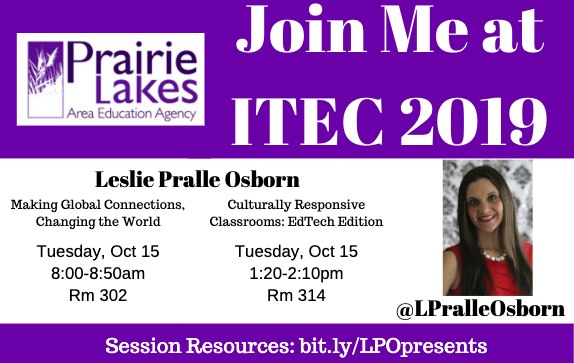I am on the brink of completing my work in the ethics standards of my principal program. While a standard about ethics initially seemed to me to be the least exciting of the bunch, it was hardly the dry, procedural information I anticipated needing to check a box. The opportunity to dig into the murky waters of decision making and educational scenarios that happen each and every day around the globe turned out to be one of the experiences that I believe will best benefit me and my future school(s). Much like police officers are trained to think in theoretical situational responses, educators must also be practiced and aware of their options, deficits, and challenges. From the inspirational, to the practical, to the practice scenarios, this standard illustrated the need for all of us to have a firm grasp on procedure, policy, law, and a little bit of creativity.
In writing my own code of ethics I really wanted to illuminate that we are on the cusp of some really potentially history-making scenarios. As we contemplate gender equality, gender fluidity, the re-segregation of our schools, and what it means to be accepting and tolerant in an era of increased hate crimes, we must balance that with what it means to live in a geographic region that holds strongly to down-home, “traditional” values. It is not unlikely that any of us in this cohort will face one or more of these issues in our careers as educational leaders. It is also imperative to note that while not every issue that comes across our desks may be one of these “high stakes” hot topics, the issue very likely is high stakes to someone; to some child. Whether it be adopting a new curriculum or deciding whether or not to hand down a suspension, our actions have impact that have lasting effects on the children we serve. Holding ourselves in the highest regard of ethical practice is essential to the well-being of those children.
In writing my own code of ethics I really wanted to illuminate that we are on the cusp of some really potentially history-making scenarios. As we contemplate gender equality, gender fluidity, the re-segregation of our schools, and what it means to be accepting and tolerant in an era of increased hate crimes, we must balance that with what it means to live in a geographic region that holds strongly to down-home, “traditional” values. It is not unlikely that any of us in this cohort will face one or more of these issues in our careers as educational leaders. It is also imperative to note that while not every issue that comes across our desks may be one of these “high stakes” hot topics, the issue very likely is high stakes to someone; to some child. Whether it be adopting a new curriculum or deciding whether or not to hand down a suspension, our actions have impact that have lasting effects on the children we serve. Holding ourselves in the highest regard of ethical practice is essential to the well-being of those children.

 RSS Feed
RSS Feed
